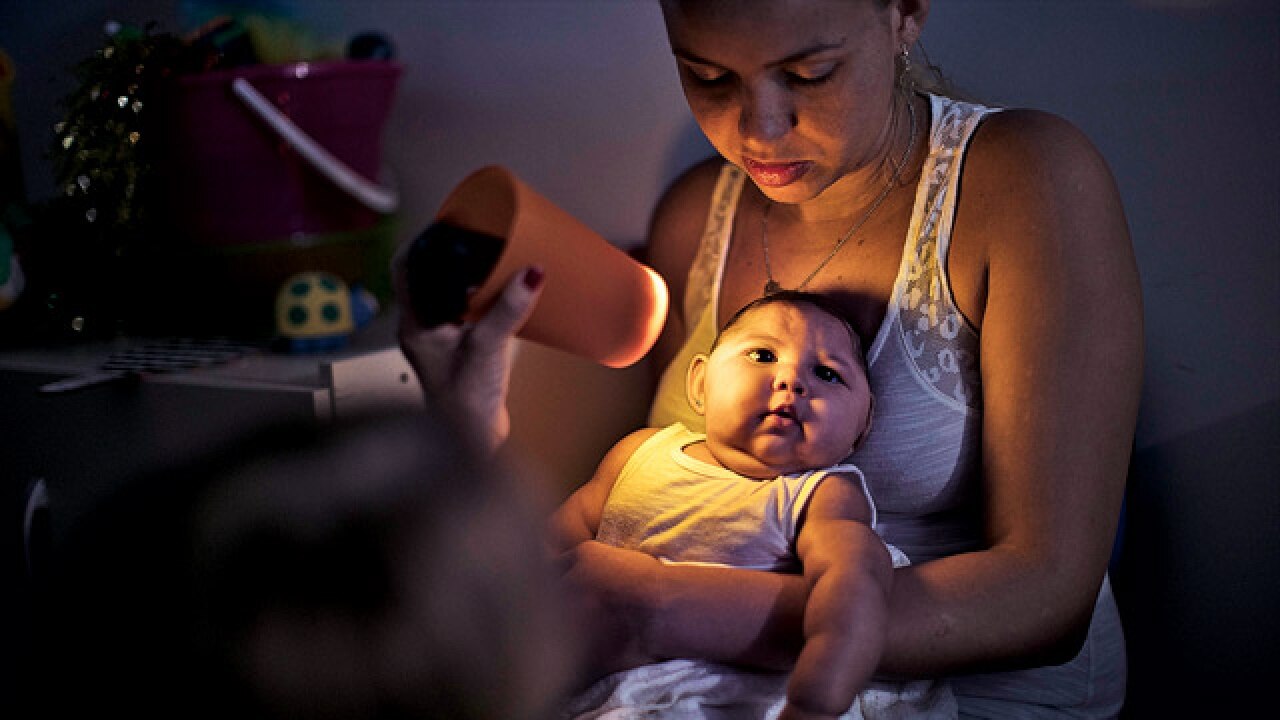
Aafter a particularly harrowing time fighting the Ebola pandemic, the international community has now braced itself for a protracted struggle against the Zika virus, which has already spread to 28 countries and territories in the two Americas. The scare has reached European shores with two new cases been reported from Ireland. The World Health Organization’s timely intervention, coming in the form of a declaration that the Zika virus is an international health emergency, has galvanised public opinion to come up with effective strategies. A vaccine or an effective treatment is still in the realm of speculation, even as Hyderabad-based Bharat Biotech International Limited claims it has patented the Zika vaccine. It is only after successful completion of animal and human trials — a time consuming process — can the vaccine be rolled out on a mass scale.
Zika is a mosquito-borne virus — carried by the Aedes — that thrives in a tropical climate and is nurtured by poverty. These factors have made Central and South America especially vulnerable. Brazil has been the epicentre with maximum cases. Till now, there is no established link of Zika’s impact on babies in the womb, but the surge in microcephaly cases — babies born with abnormally small head and incomplete brain development — has been the worst fall out in Brazil. The country, which is hosting the Olympic Games in August is hit by a double whammy. Brazil has to prevent the spread of the virus and then eradicate it while simultaneously battling Zika’s impact on the nation’s economy, which is largely dependent on tourists. Brazil is being strictly avoided by visitors for obvious health reasons.
Zika, curiously shares similarities with Aids. First identified in monkeys, it travelled from Africa — Nigeria had the first human case in 1954 — to the rest of the world. And, if authorities in Dallas, US, are right, the county’s first case of Zika was sexually transmitted.
As with every epidemic, the Zika outbreak has raised several key questions, especially concerning would-be mothers and their limited access to birth control and abortion in the severely affected regions. Owing to legal and cultural resistance, women in some societies are kept out of such crucial decisions. Perhaps the Zika scare can be effective in changing mindsets, giving women more authority in these matters. That would be instrumental in drastically reducing microcephaly cases. For the rest of the world, the Centers for Disease Control and Prevention had issued a list of countries that pregnant women should avoid.
These and other measures such as setting up more laboratories, intensifying surveillance, conducting large-scale fumigation, wearing long clothes and using physical barriers such as screens, closed doors and windows can yield positive results in such dire emergency.
Zika has already prompted Asia to be on high alert as Indonesia, Singapore, the Philippines and Hong Kong step up their defences. India as the breeding ground for malaria and dengue, can be the next destination for the virus. And, given our poor public health care system, and poorer preventive mechanisms, the virus will spread at lightning speed.
The Zika virus will run its course, before it can be tamed. Though the overall response has been much better than what was witnessed during the outbreak of Ebola, and since Zika isn’t deadly — the symptoms in adults are fever, rash, joint pain, and red eyes (conjunctivitis), and last about a week — international health organisations should refrain from fear-mongering, unless there is an emergence of a virulent strain of the virus. However, it is imperative to safeguard the well-being of pregnant mothers and the newborns.